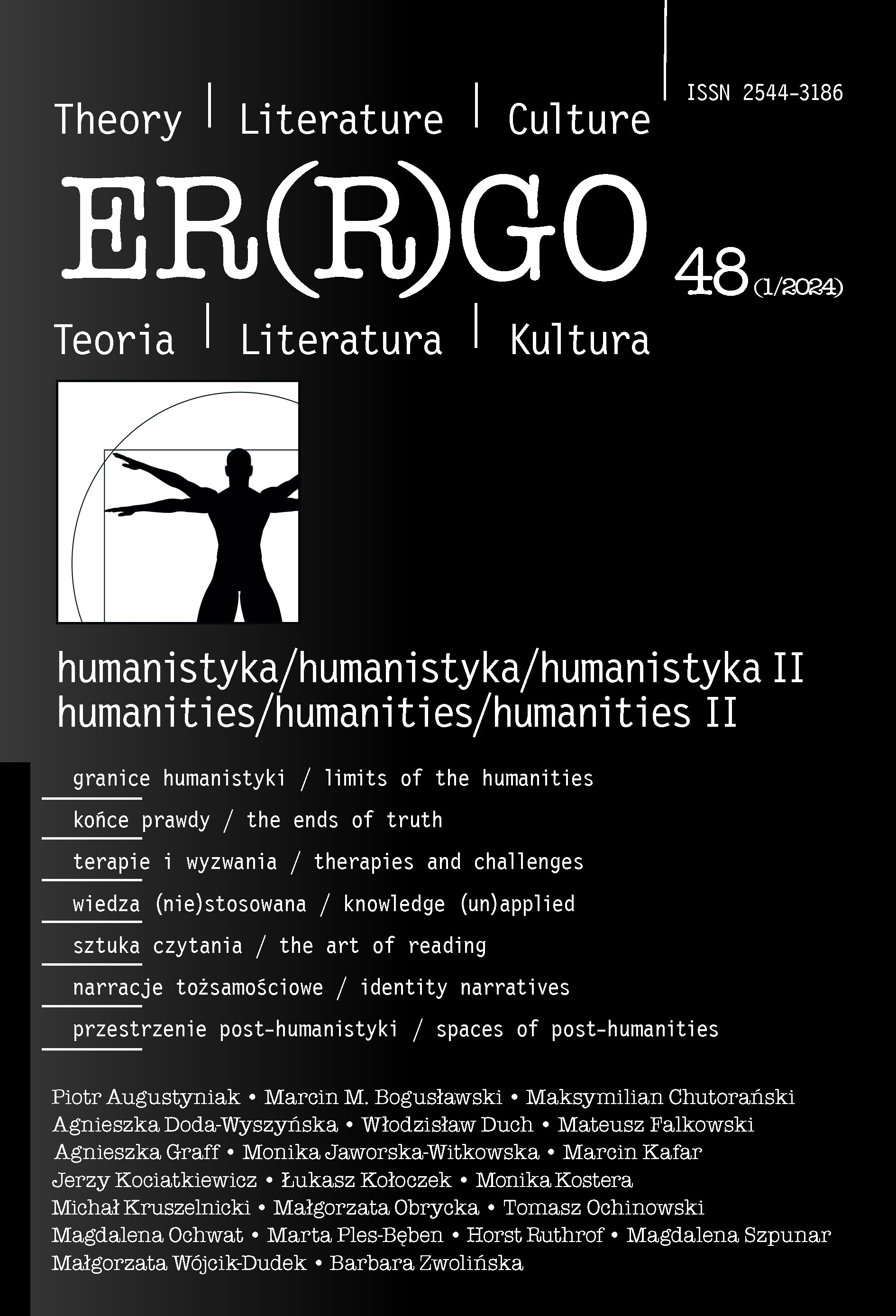1790: The End of Truth in the Interpretation of Complex Contexts
1790: The End of Truth in the Interpretation of Complex Contexts
Author(s): Horst RuthrofSubject(s): History, Language and Literature Studies, Fine Arts / Performing Arts, Psychology, Ethics / Practical Philosophy, Aesthetics, Theology and Religion, Philosophy of Science, Culture and social structure , Theory of Literature, Ontology
Published by: Wydawnictwo Uniwersytetu Śląskiego
Keywords: as-if causality; indeterminacy; projection; truth-claims; intelligibility
Summary/Abstract: The paper argues that the standard pro- and anti-Kantian reception of the Critique of Judgment has largely misconstrued the relationship between Part I and Part II of the book by failing to recognize that the former is primarily providing a series of stepping-stones laying the groundwork for the elaboration of reflective-teleological reasoning in Part II. Instead of its dominant reading as foremost relevant to the study of biological nature, the paper distils from the reflective-teleological judgment a universal principle by which we typically interpret any complex set of particulars. As such, the reflective-teleological judgment of 1790 is shown to have done away with interpretive truth, replaced by Kant with the more modest claim of intelligibility.
Journal: ER(R)GO. Teoria-Literatura-Kultura
- Issue Year: 1/2024
- Issue No: 48
- Page Range: 311-330
- Page Count: 20
- Language: English

